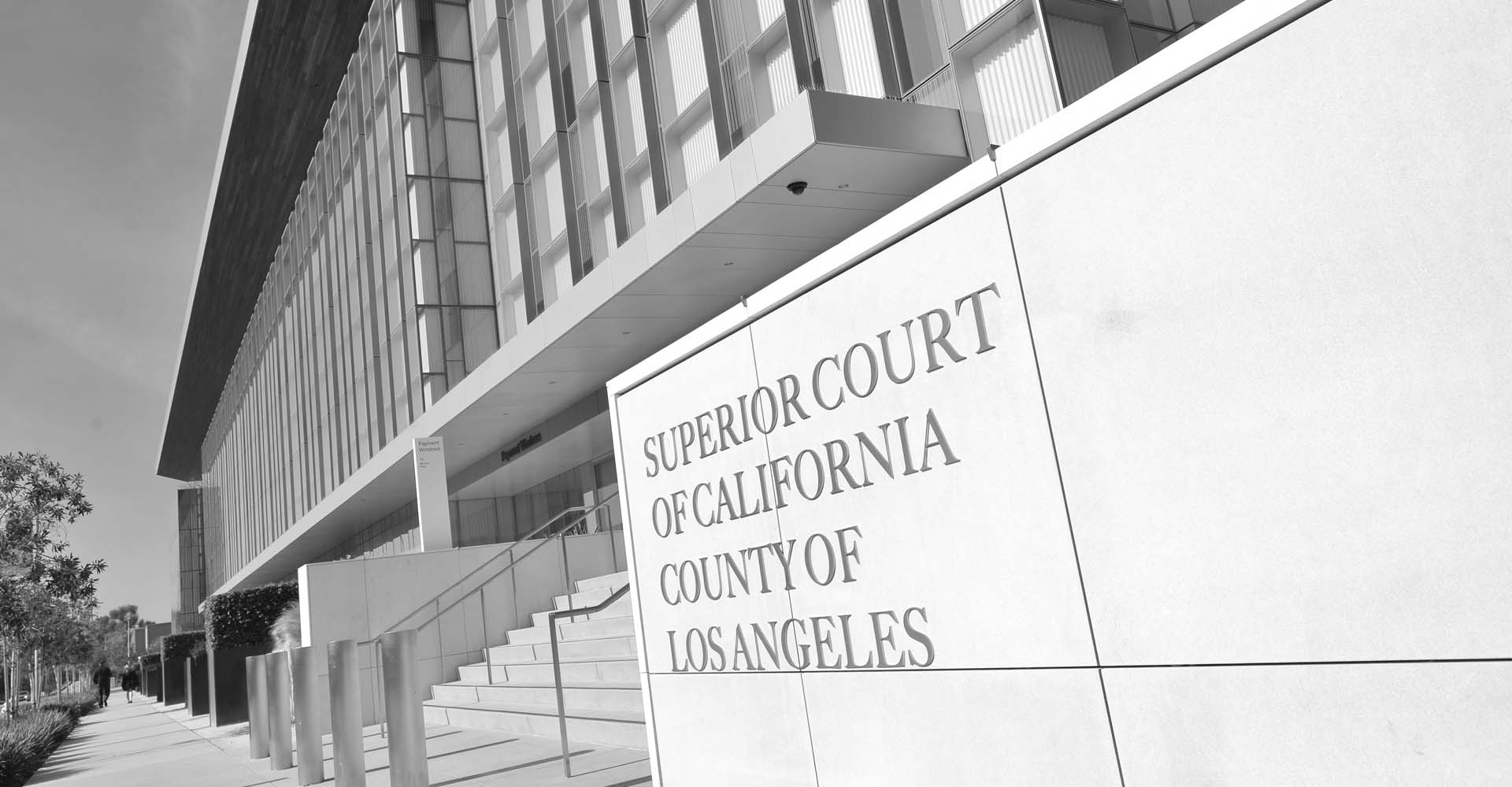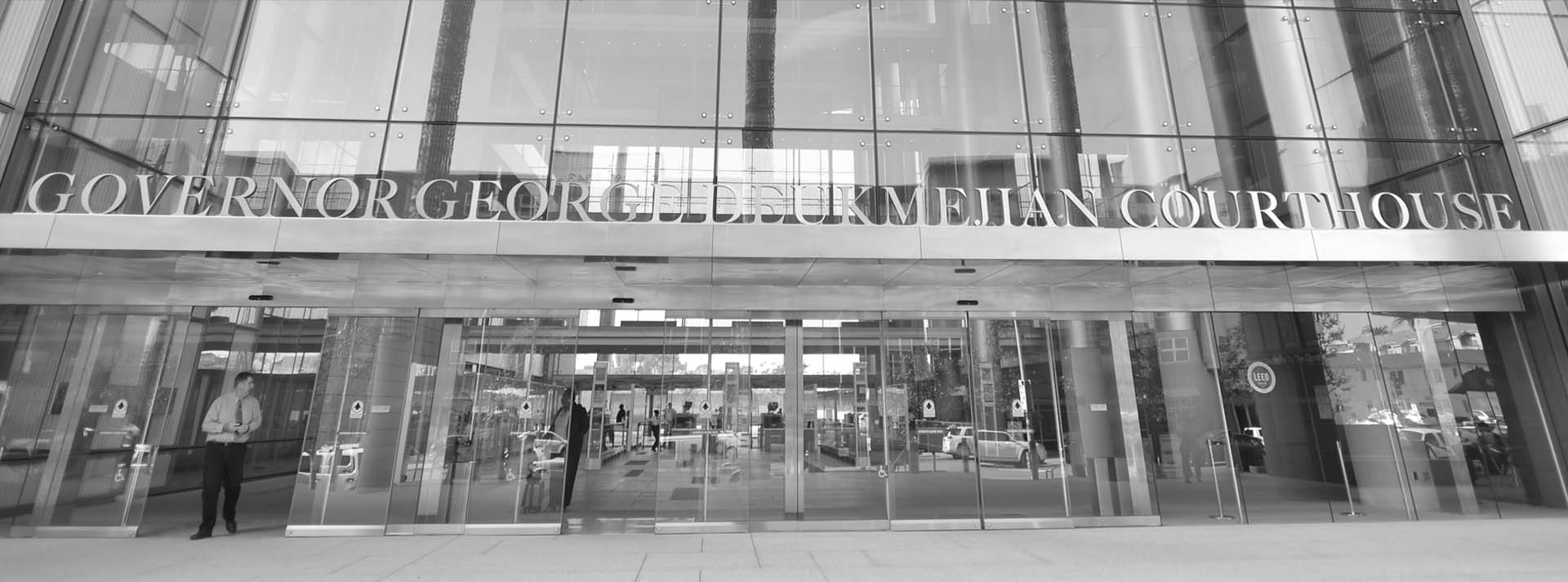



A well-crafted estate plan is designed to protect your assets and pass them down to your chosen heirs without the expense and hassle of going through probate. However, even a thorough plan can potentially end up in a dispute. Understanding who might be able to file a dispute and the routes by which such a dispute may be resolved can help you understand and navigate the process, whether you’re contesting an estate plan or are the representative of an estate under dispute.
It isn’t possible for just anyone to file a dispute against an estate—that would open the door for opportunistic people unconnected to the decedent to try to extort money from their heirs by threatening litigation. As in many other states, in California somebody must have a vested interest in the estate in order to dispute it. A dispute brought by someone without this legal standing will be quickly dismissed by the court.
Direct heirs to the estate, such as sons, daughters, spouses, etc., as well as anyone who has been mentioned by the estate at some point, are considered to have a vested interest. This can include someone who was included in a previous version of the estate documents but who is no longer included in the most current version; they may claim that they are still entitled to what they would have received under the earlier terms. Alternatively, someone who is named in the final version of the estate could file a dispute if they believe they’re entitled to more than they are slated to receive.
When a dispute is officially filed in the county court where the estate has been filed, verifying legal standing is the first step before the dispute can proceed.
The grounds for disputing an estate generally come down to one key idea: that the distribution of assets doesn’t accurately reflect the wishes of the decedent. The petitioner—the person filing the initial pleading—may claim fraud or forgery of estate documents, allege undue influence or coercion, or raise questions about the testamentary capacity of the individual behind the estate.
In cases where fraud or forgery is alleged, evidence will need to be presented that the person who created the will or trust was not the one who filed the most recent documents. This may require a handwriting expert to verify or disprove the authenticity of the decedent’s signature.
Other grounds for dispute may not question that the will or other trust documents were filed by the decedent but raise questions about whether the documents were filed when they were of clear mind. Undue influence is a situation in which the person was manipulated into changing their will or trust to benefit the manipulator, whereas coercion refers to cases where the use of threat or force (against the estate owner or their loved ones) was used to achieve a similar end. Capacity questions, on the other hand, hinge on whether the decedent had the mental capacity to understand what they were doing and the consequences of the changes to their estate plan.
The ultimate outcome of an estate dispute can depend on the circumstances. For instance, in cases where the petitioner has little evidence to back up their claim, the court might dismiss the case outright. In general, however, a trial is the last thing either side wants. Court proceedings tend to be both lengthy and costly, putting added stress on a family already suffering from bereavement. Settlement discussions allow the family to avoid a contentious trial and move more quickly to a mutually agreed-upon outcome.
Should settlement talks fail, then it will be up to the court to make a final determination, taking into account all relevant estate documents, new evidence, and the arguments of attorneys on both sides. In cases where coercion by threat or force is proven, a separate criminal trial may be necessary as well. All of this can take time and cost money your family is ill prepared to lose, which is why settlement is often the preferred option.
When you’ve lost a loved one, having to fight an ugly court battle over an inheritance dispute is the last thing you need. The experienced attorneys at Velasco Law Group can help you avoid unnecessary conflict and resolve disputes as efficiently as possible, without litigation. Our expertise in estate law ensures that you have effective representation to protect your interests. Our attorneys offer legal services in both English and Spanish to better serve our Southern California community. To find out more about how Velasco Law Group can help you navigate estate disputes, contact us here.




Our Partners Invite You
